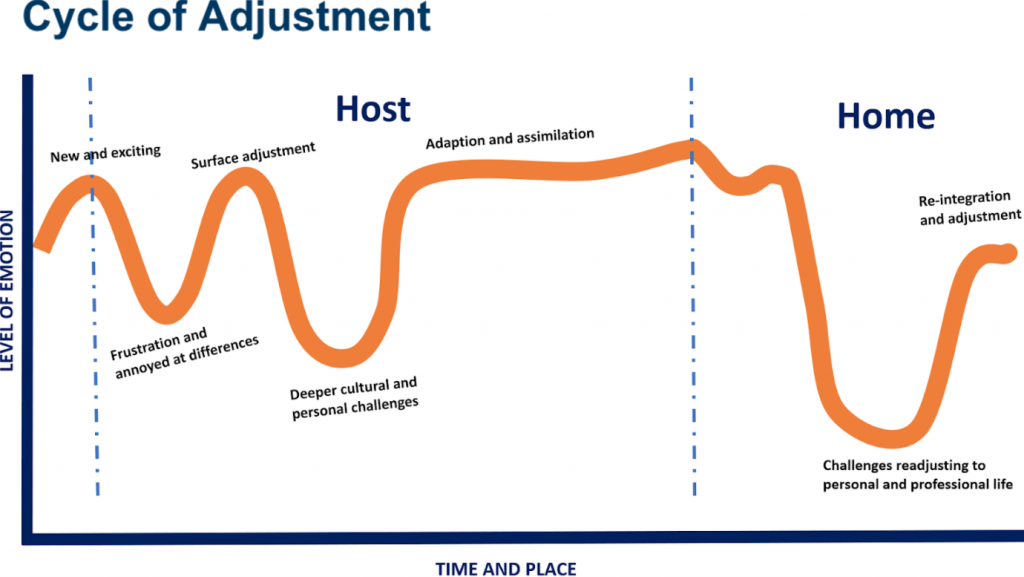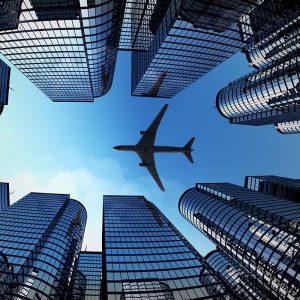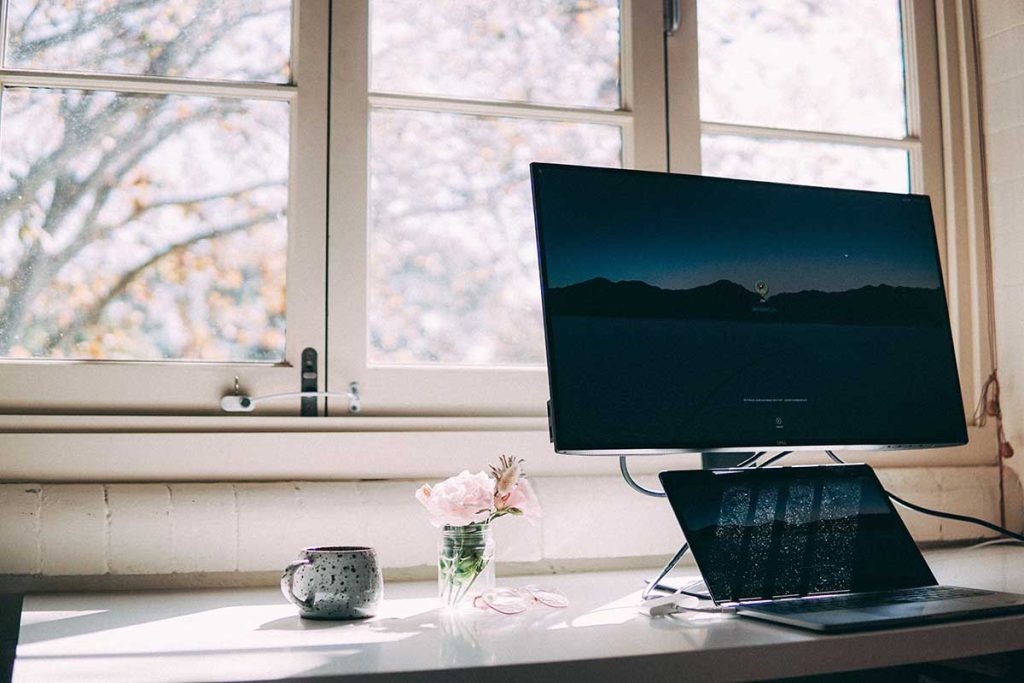Last week the ABC’s Hack published an article on the phenomenon known as reverse culture shock and its relationship to the lifting of COVID-19 restrictions. Working in intercultural training, we spend a fair amount of time discussing reverse culture shock in the context of expats returning home after an international assignment.
While not exactly the same experience, coming out of COVID lockdown will challenge us nonetheless, and in ways that we won’t necessarily expect.
Reverse culture shock is the shock of coming home. It involves the return to life ‘as it was before’ and is often, surprisingly, more challenging than adjusting to a new culture or context. We often refer to Robin Pascoe’s description of reverse culture shock, as “the adjustment period to unexpected changes in the people you knew, the places you lived, the events you have missed and the unexpected changes in yourself, both emotionally and physically”. It is part of the cycle of adjustment and is characterised by initial excitement followed by an emotional low, before recovery and eventual adjustment.
The initial excitement that awaits us now is the opportunity to see family and friends. This will be followed by rescheduling of social activities, revisiting cafes and bars, and returning to work. But life won’t go back to the way it was because we’ve changed, individually and as a society. Perhaps you’re enjoying the slower pace of life or you appreciate the temporary ceasefire of FOMO. Maybe you understand the value of working from home or, if you’re no longer working, are nervous about having to spend money.
As intercultural trainers we work with expats as they navigate this period of change and coach them through the challenges. Drawing from this, as well as our own experience with reverse culture shock, we’ve adapted a few tips to help ease your reintegration:

Embrace the positives
What are the positive changes that you have made during lockdown? How do you want your life to be different going forward? If there are lockdown habits that you want to keep, write them down to reinforce them, before you get caught up in your old ways and forget the new ones.
Keep connected but socialise slowly
As physical distancing measures lift, ease yourself into social activities. Start by seeing your closest family and friends only, for the benefit of the COVID curve as well as your mental wellbeing. Then, over the coming weeks prioritise people and activities that are most important to you, rather than accepting every invitation you receive.
Return to work thoughtfully
Sometimes distancing yourself can help you to see things more clearly. What are the opportunities you now see presented in your work? Can you identify areas for positive change? If you’ve been working from home reassess your previous routine and consider reintegrating to the physical workplace gradually.
Above all, be kind to yourself and to those around you.
ICC offer a range of programs to support individuals and their families when relocating and returning home, including repatriation briefings for returning assignees. If you’d like to know more about our cultural training programs, please get in contact.


